11 DEC 2015
Obesity 'biggest threat to women's health' in England.
Obesity is the biggest threat to women's health and the health of future generations, warns England's chief medical officer Dame Sally Davies.
Her annual report, which focuses on women this year, said tackling obesity should be a national priority to avert a "growing health catastrophe".
She said the food industry needed to do more or it should face a sugar tax.
Dame Sally is also calling for better treatment of ovarian cancer and more open discussion on incontinence.
England's top doctor said obesity was so serious it should be a priority for the whole population, but particularly for women because too often it shortened their lives.
In England in 2013, 56.4% of women aged 34-44 and 62% of women aged 45-54 were classified as overweight or obese.
Obesity increases the risk of many diseases including breast cancer, type 2 diabetes and heart disease.
Sugar tax
Dame Sally warned that if the food industry did not clean up its act then new taxes may be the only option.
She told the BBC: "I think it is inevitable that manufacturing has to reformulate and resize, that supermarkets and others need to stop cheap promotions on unhealthy food and putting unhealthy food at the check-out, and limit advertising dramatically.
"I think we're at a tipping point. If industry won't deliver then we'll have to look at a sugar tax."
Elsewhere in the report, the chief medical officer recommended that:
- clinical staff be better trained to recognise and respond to violence against women, including female genital mutilation, domestic abuse and sexual violence
- more research is needed to improve maternal and child mental and physical health
- more research on screening tests, preeclampsia and foetal growth is also needed
- children should receive integrated personal, social, health and economic education (PSHE) with sex and relationships education (SRE) at school
- a full range of contraception services should be available to all women, at all reproductive ages
Pregnancy health
Dame Sally highlighted the fact that women had to look after their physical and mental health during pregnancy for the sake of their children and grandchildren.


If a woman is obese during pregnancy, research indicates there is an increased chance of miscarriage and premature birth.
A woman's overall health during pregnancy also has an impact on the health of the child in later life, the report said.
What is CBT-E?
It's a one-to-one psychological therapy which focuses on changing the patient's views on body image and helping them to accept their bodies as they are.
The 'E' stands for enhanced because it is tailored to the individual, with the aim of helping them to learn more productive ways of thinking, feeling and behaving.
Keeping patients engaged in the process and preventing any relapses is a key part of the therapy.
Extensive studies have shown that it works for all eating disorders, with a 66% success rate for people with bulimia and binge-eating disorders.
The therapy lasts from five to nine months and can also be used on children over 14 years old.
Therapists can be trained online to deliver CBT-E, which helps patients to be treated quickly.
12 DEC 2015
Manchester United lost ground at the top of the table as their former striker Joshua King scored the winner in Bournemouth's 2-1 triumph - the Cherries' second shock win in a week.
After David de Gea was beaten direct from a corner by Junior Stanislas, United equalised via Marouane Fellaini.
The visitors faded after the break and could not fight back after King fired in from Matt Ritchie's set-piece.
United will slip to fifth if Tottenham beat Newcastle on Sunday.
The scoreline and final few minutes could have been more comfortable for the hosts, but substitute Glenn Murray squandered two excellent chances to put Bournemouth further out of reach.
Bournemouth are up to 14th in the Premier League on the back of successive victories, having beaten defending champions Chelsea last weekend.
13 DEC 2015
COP21: Paris climate deal is 'best chance to save planet'.
The climate deal reached in Paris is "the best chance we have to save the one planet we have", US President Barack Obama has said.
He said it could be a "turning point" towards a low-carbon future.
China, the world's biggest polluter, also hailed the deal, as did India. But some campaigners said it did not go far enough to protect the planet.
The Paris pact aims to curb global warming to less than 2C (3.6F) by the end of the century.
Nearly 200 countries took part in tense negotiations in the French capital over two weeks, striking the first deal to commit all nations to cut emissions.
The agreement - which is partly legally binding and partly voluntary - will come into being in 2020.
'Almost nothing binding'Jump media playerMedia player hel
Describing the agreement as "ambitious", President Obama said: "Together, we've shown what's possible when the world stands as one."
"In short, this agreement will mean less of the carbon pollution that threatens our planet and more of the jobs and economic growth driven by low-carbon investments."
However, Mr Obama admitted that the pact was not "perfect".
China's chief negotiator Xie Zhenhua agreed that the Paris plan was not ideal. But he added that "this does not prevent us from marching historical steps forward".
China earlier said rich developed countries needed to offer more financial support to developing countries.
India's Prime Minister Narendra Modi said there were "no winners or losers".
"Climate justice has won and we are all working towards a greener future," he tweeted.
Giza Gaspar Martins, the chairman of the group representing some of the world's poorest countries, said: "It is the best outcome we could have hoped for, not just for the Least Developed Countries, but for all citizens of the world," he said.
But Nick Dearden, director of campaign group Global Justice Now, said: "It's outrageous that the deal that's on the table is being spun as a success when it undermines the rights of the world's most vulnerable communities and has almost nothing binding to ensure a safe and liveable climate for future generations."
An organisation of business leaders that pushes for industry to be more sustainable, WBCSD, said, in a tweet, that the agreement shows "the transition to a low carbon economy is unstoppable".
Some aspects of the agreement are legally binding, such as the obligation on individual countries to set an emissions reduction target and the regular review of that goal.
However, the targets themselves will not be legally binding under the Paris deal.
Key points
The measures in the agreement included:
• To peak greenhouse gas emissions as soon as possible and achieve a balance between sources and sinks of greenhouse gases in the second half of this century
• To keep global temperature increase "well below" 2C (3.6F) and to pursue efforts to limit it to 1.5C
• To review progress every five years
• $100bn a year in climate finance for developing countries by 2020, with a commitment to further finance in the future.
Analysis: The BBC's Matt McGrath in Paris
The speeches and the cliches at the adoption of the Paris Agreement flowed like good champagne - success after all has many fathers! The main emotion is relief. The influence of the COP president, Laurent Fabius, cannot be overstated. His long diplomatic career gave him a credibility seldom matched in this arena. He used his power well.
The deal that has been agreed, under Mr Fabius, is without parallel in terms of climate change or of the environment. It sets out a clear long-term temperature limit for the planet and a clear way of getting there. There is money for poor countries to adapt, there is a strong review mechanism to increase ambition over time. This is key if the deal is to achieve the aim of keeping warming well below 2C.
More than anything though the deal signifies a new way for the world to achieve progress - without it costing the Earth. A long term perspective on the way we do sustainability is at the heart of this deal. If it delivers that, it truly will be world changing.
Observers say the attempt to impose emissions targets on countries was one of the main reasons why the Copenhagen talks in 2009 failed.
At the time, nations including China, India and South Africa were unwilling to sign up to a condition that they felt could hamper economic growth and development.
The latest negotiations managed to avoid such an impasse by developing a system of Intended Nationally Determined Contributions (INDCs).
In these, which form the basis of the Paris agreement goal of keeping global temperature rise "well below" 2C above pre-industrial levels, nations outline their plans on cutting their post-2020 emissions.
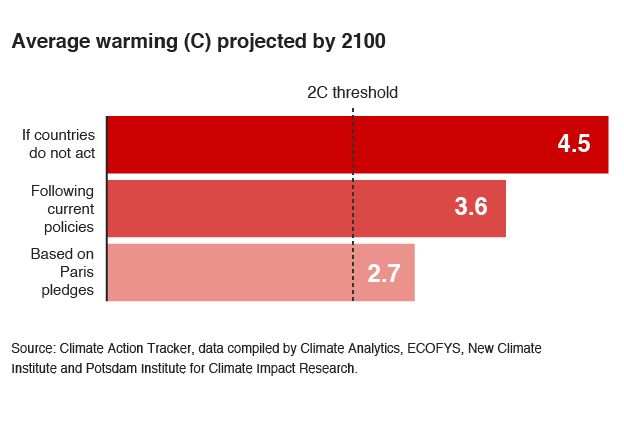
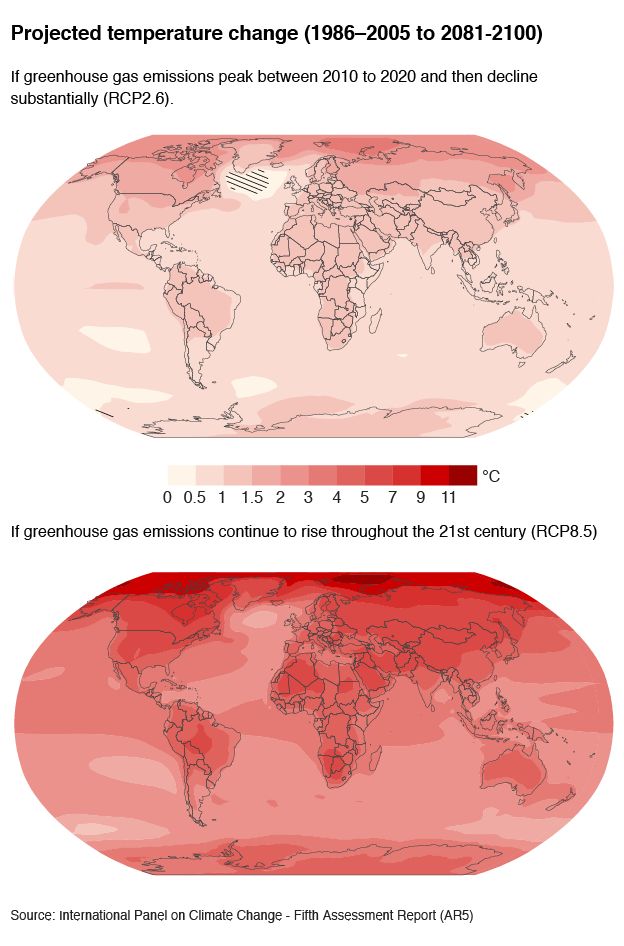
UN climate conference 30 Nov - 11 Dec 2015

COP 21 - the 21st session of the Conference of the Parties - will see more than 190 nations gather in Paris to discuss a possible new global agreement on climate change, aimed at reducing greenhouse gas emissions to avoid the threat of dangerous warming due to human activities.
14 DEC 2015
Teacher in France 'stabbed by man shouting Islamic State'.
A teacher at a preschool in Aubervilliers, a suburb of Paris, has told police he was stabbed by a man citing so-called Islamic State.
The man said the attacker had shouted: "This is for Daesh [Islamic State]. It's a warning", and then stabbed him with a box cutter before fleeing.
However the teacher, 45, later admitted he invented the attack.
France remains on high alert after the terrorist attacks in Paris on 13 November that left 130 people dead.
'Fled on foot'
Police sources said the teacher was stabbed in the side and throat at about 07:10 (06:10 GMT) as he was preparing for class at the Jean-Perrin preschool, which caters for children between the ages of three and six.
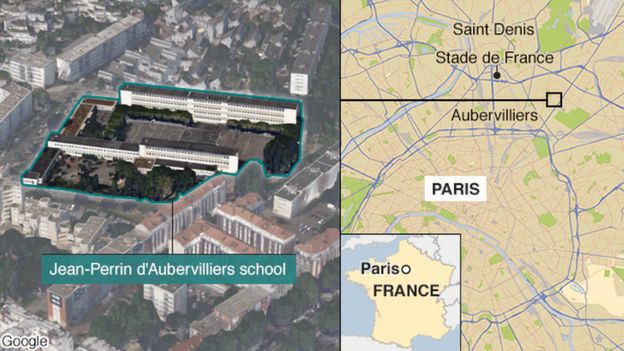
He told police his attacker arrived wearing a balaclava and gloves, but was unarmed and used weapons he found in the classroom.
He then said the attacker had fled on foot. A manhunt was launched.
Local official Philippe Galli said there were no children present at the time, but other staff members were in the building. Classes have been cancelled.
The anti-terrorism branch of the Paris prosecutor's office opened an investigation for attempted murder in relation to a terrorist act.
The Islamic State's French-language magazine Dar-al-Islam recently urged followers to kill teachers in France, describing them as "enemies of Allah" for teaching secularism, the AFP news agency reports.
Security has been strengthened at schools since the Paris attacks.
Education Minister Najat Vallaud-Belkacem travelled to the Aubervilliers school on Monday, calling the alleged attack an "act of great gravity".
Last week, she said the terrorist threat was "real and permanent", adding: "All public places must be protected, particularly schools."
Aubervilliers is in the Seine-Saint-Denis department of the Ile-de-France region.
In the 2010 census, Aubervilliers had a population of 76,000, including a large number of immigrants, mostly from North African Maghreb countries.
Ayoub El-Khazzani, who was arrested after being tackled by passengers during a suspected gun attack on a French train in August, lived in Aubervilliers for a number of months.
15 DEC 2015
Tim Peake begins stay on international space station.
UK astronaut Tim Peake has boarded the International Space Station, which will be his home for the next six months.
Mr Peake and fellow crew members, Russian Yuri Malenchenko and American Tim Kopra, floated through the hatch from their Soyuz space capsule to be greeted by the resident ISS astronauts.
The three new passengers arrived at the space platform following a six-hour journey after launch from Kazakhstan.
Earlier, the Russian commander had to steer the craft to dock with the ISS.
It followed complications with the usual automatic docking procedure.
Mr Peake is making history as the first official UK astronaut.
'Beautiful launch'
Speaking from the ISS to officials and family members, he said: "It was a beautiful launch. That first sunrise was absolutely spectacular.
"We also got the benefit of a moon rise which was beautiful to see."
And he gave a thumbs up to his wife, Rebecca, who told him: "It was fantastic to watch that launch today.
"There were quite a few parties down on the ground, so your launch was well celebrated by everybody down here.
"Have a great mission. We love you."
Analysis: Paul Rincon, science editor, BBC News online
It's a rare event for the Soyuz crew to have to manually dock the spacecraft at the space station.
The Kurs radar system that failed is one of the two main ways controllers have of determining where the Soyuz is relative to the space station.
The other is measurements taken from the ground.
The immense skill required to manually dock the capsule in open space is exactly why Tim and the other crew members undergo such rigorous training for a range of different failure scenarios.
Mr Peake was waved off by his wife and two sons, Thomas, six, and Oliver, four, at the Baikonur Cosmodrome in Kazakhstan earlier on Tuesday.
Sitting on the shoulders of his grandfather, the youngest son cried loudly, saying: "I want to go with Daddy."
The launch was from the same place where Yuri Gagarin became the first human in space in 1961.
There were no reported problems during the blast-off.
However, docking with the space station - which is regarded as one of the most difficult stages of the journey - did not go entirely to plan.
The Russian commander had to steer the spacecraft in manually about 10 minutes after its scheduled docking time of 17:24 GMT.
'Hazardous'
Mr Peake's mother, Angela, who was watching the docking live from a cinema near the launch site, said: "I'm feeling relieved. I wasn't really tense, I just feel quite reassured by those around me - they have a lot of experience."
Speaking before the launch, Mr Peake had said: "Any time two vehicles come in close proximity in space is hazardous.
It takes four orbits of Earth and about six hours to reach the ISS.
In their new home, the crew will work, sleep and exercise in a dozen modules, together about the same volume as two Boeing 747s.
The three crew members join the existing taskforce on board the ISS - Nasa astronaut Scott Kelly and Russian cosmonauts Mikhail Kornienko and Sergey Volkov.
Mr Kelly and Mr Kornienko are approaching the ninth month of their one-year ISS mission.
A maximum of 10 crew members can live on the station.
The former Army major is the first Briton to join the crew of the ISS and is employed by the European Space Agency.
Helen Sharman became the first British citizen to travel to space when she visited the Soviet space station Mir in 1991.
Other Britons who have flown into space have done so either as private individuals or by taking US citizenship.

16 DEC 2015
Peshawar school attack: Taliban massacre leaves 141 dead
Militants from the Pakistani Taliban have attacked an army-run school in Peshawar, killing 141 people, 132 of them children, the military say.
Officials say the attack in the north-western city is over, with all the attackers killed. Seven militants took part in all, according to the army.
Scores of survivors are being treated in hospitals as frantic parents search for news of their children.
The attack - the Taliban's deadliest in Pakistan - has been widely condemned.
Describing the attack from his hospital bed to the BBC's Shaimaa Khalil, Shahrukh Khan, 17, said a gunman had entered his classroom and opened fire at random.
As he hid under a desk, he saw his friends being shot, one in the head and one in the chest. Two teachers were also killed.
A Taliban spokesman told BBC Urdu that the school, which is run by the army, had been targeted in response to military operations.
Hundreds of Taliban fighters are thought to have died in a recent offensive in North Waziristan and the nearby Khyber area.
US President Barack Obama said terrorists had "once again shown their depravity" while UN Secretary General Ban Ki-moon said it was "an act of horror and rank cowardice".
Analysis: Aamer Ahmed Khan, BBC News
This brutal attack may well be a watershed for a country long accused by the world of treating terrorists as strategic assets.
Pakistan's policy-makers struggling to come to grips with various shades of militants have often cited a "lack of consensus" and "large pockets of sympathy" for religious militants as a major stumbling-block.
That is probably why, when army chief Gen Raheel Sharif launched what he called an indiscriminate operation earlier in the year against militant groups in Pakistan's lawless tribal belt, the political response was lukewarm at best.
We will get them, was his message, be they Pakistani Taliban, Punjabi Taliban, al-Qaeda and affiliates, or most importantly, the dreaded Haqqani network. But the country's political leadership chose to remain largely silent. This is very likely to change now.
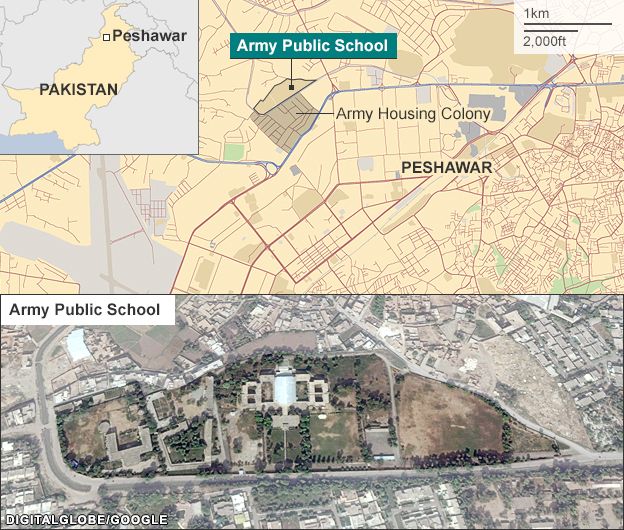
Late on Tuesday, military spokesman Asim Bajwa told reporters in Peshawar that 132 children and nine members of staff had been killed.
All seven of the attackers wore suicide bomb vests, he said. Scores of people were also injured.
It appears the militants scaled walls to get into the school and set off a bomb at the start of the assault.
Children who escaped say the militants then went from one classroom to another, shooting indiscriminately.
One boy told reporters he had been with a group of 10 friends who tried to run away and hide. He was the only one to survive.
Others described seeing pupils lying dead in the corridors. One local woman said her friend's daughter had escaped because her clothing was covered in blood from those around her and she had lain pretending to be dead.
17 DEC 2015
Holyrood as it happened: September - December 2015
It's been a busy few months at Holyrood with many diverse debates, contentious committees and feisty first minister's questions.
Here is our take on the parliamentary business that made the headlines since MSPs returned from the Summer.
1. The Programme for Government: Back to School
In an echo of Tony Blair's mantra of "education, education, education" in 2007, First Minister Nicola Sturgeon put tackling the educational attainment gap firmly in the forefront of her programme for government on 1 September 2015.
The first minister said the new tests would be brought in for pupils in primaries one, four and seven and S3.
Opposition party leaders warned that the move could lead to a return to school league tables.
Scotland's largest teaching union, the EIS, and the local authority group Cosla also warned that the information from the national tests could be used to compile league tables.
However Ms Sturgeon said she did not want to create "crude league tables"but that more information needed to be made available about performance in primary and lower secondary school in order to close the attainment gap between rich and poor.
The Scottish government planned to introduce eight new bills for the 2015-16 session of the Scottish Parliament.
2. Local police call centre closure delayed following A9 tragedy
It has been a troubled year for Police Scotland, with the chief constable of Police Scotland announcing he was to stand down from his post at the start of December, before MSPs had returned from the Summer recess.
Sir Stephen House, 57, had been under severe pressure over the three days it took his officers to respond to a fatal crash on the M9.
He was also criticised over armed officers being put on routine patrol and his force's policies on stopping and searching juveniles.
Justice Secretary Michael Matheson told the Scottish Parliament, on 3 September 2015, he would delay plans to close local police call centres, after an an inquiry into the deaths of two people in a car accident on the M9 in July.
Mr Matheson also announced that £1.4m of new money would be committed to taking on 70 to 75 new call handlers, and to keeping the Aberdeen and Inverness control rooms open for longer than originally planned.
3. End of an era: Longannet Power Station to close
Its owner, Scottish Power, said the high cost of connecting to the grid was to blame.
The company also announced it is abandoning plans to build a new gas-fired power station at Cockenzie in East Lothian.
Longannet, which opened in 1972, is one of the biggest coal-fired power stations in Europe.
Energy Minister Fergus Ewing told MSPs on 3 September 2015 Scotland that the government fought hard to win a different outcome for Longannet while Westminster did not lift a finger.
Labour MSP Sarah Boyack said the closure of Longannet was a "shock and a body blow", while her counterpart in the Scottish Conservatives called on the minister to attract investors to Fife given that Longannet will close.
4. Responding to the Global Refugee Crisis
The second time were tears of joy at the vigil of solidarity in Glasgow's George Square.
The minister was leading a debate entitled 'Responding to the Global Refugee Crisis'.
It was one of the most consensual debates at Holryood in recent months.
Since then 100 Syrian refugees have landed at Glasgow Airport and have beenresettled by local authorities across Scotland.
5. MSPs approve human trafficking law
MSPs unanimously approved new legislation designed to tackle human trafficking in Scotland on 1 October 2015.
The Human Trafficking and Exploitation (Scotland) Bill establishes human trafficking as a specific offence.
It also increases the punishment for offenders to a maximum life sentence and ensures more support for victims.
Justice Secretary Michael Matheson told the Scottish Parliament that it should be "very proud" of passing the legislation.
He said it would demonstrate to those who want to "peddle in the misery of human trafficking" that they are not welcome in Scotland.
6. A less consensual debate on Trident renewal
MSPs at Holyrood voted by 96 to 17 for a motion calling on the UK government to drop plans to renew Trident nuclear weapons, on 3 November 2015.
Infrastructure Secretary Keith Brown criticised the billions earmarked to replace the weapons programme, calling it an called it an "abomination" and he questioned why the money could not be spent to offset welfare cuts.
Dumbarton MSP Jackie Baillie was the only Labour member to vote against the call to reject renewal.
The politician, whose constituency includes Faslane naval base which houses Trident, said: "Faslane is the single biggest site employer in Scotland. More than a quarter of West Dunbartonshire's full-time workforce are employed there in good-quality well-paid jobs.
Conservative MSP John Lamont told the chamber that Labour was "muddled" on the issue.
7.
9. Scotland's future social security system debated
The Welfare Reform Committee led a debate on the future deliver of social security in Scotland on Thursday 12 November.
Committee Convenor Hugh Henry said the parliament would have to set up a new system of social security and welfare, one of the biggest challenges Holyrood has faced.
Welfare Minister Margaret Burgess said the government wants to take a fairer approach and this was an opportunity to create a social security service more suited to the needs of Scotland.
She added the "hated and pernicious bedroom tax will be abolished".
Labour MSP Alex Rowley called for an anti-poverty strategy in Scotland.
The new social security system required for Scotland was seen as "a huge opportunity" to get the language right around the issue.
7. Moving member's debate on the future of Scotland's steel industry
Scottish Labour MSP John Pentland led a member's debate on the future of the Scottish steel industry on Wednesday 4 November following the news that TATA steel was to close plants in Cambuslang and Motherwell.
The Motherwell and Wishaw representative welcomed the creation of the Scottish Steel Task Force, and said that all avenues should be explored to prevent the closure of the plants.
Steelworkers from Clydebridge and Dalzell were present in the public gallery and were welcomed by a number of MSPs who urged the Scottish government to find a solution.
Business Minister Fergus Ewing says the Scottish government would try "every conceivable way" to help the Steel industry continue in Scotland.
Tory MSP Margaret Mitchell said it would be worth looking at areas where new contracts may be won such as flood defences.
8. Scotland's future social security system debated
The Welfare Reform Committee led a debate on the future deliver of social security in Scotland on Thursday 12 November.
Committee Convenor Hugh Henry said the parliament would have to set up a new system of social security and welfare, one of the biggest challenges Holyrood has faced.
Welfare Minister Margaret Burgess said the government wants to take a fairer approach and this was an opportunity to create a social security service more suited to the needs of Scotland.
She added the "hated and pernicious bedroom tax will be abolished".
Labour MSP Alex Rowley called for an anti-poverty strategy in Scotland.
The new social security system required for Scotland was seen as "a huge opportunity" to get the language right around the issue.
9. Bridge of sighs
Holyrood's opposition parties called for a an inquiry into the closure of the Forth Road Bridge, as Transport Minister Derek Mackay addressed the issue on 8 December 2015.
The minister stated that the defect occurred in the few weeks leading up to the closure.
Questions were raised if cancelled repair works in 2010 would have prevented the fault.
This has led to an ongoing political spat about what the transport minister did or did not says about the fault on different days:
The Forth Road Bridge closure, and the severe disruption it is causing to commuters and businesses, dominated first minister's questions on 10 December 2015.
The Infrastructure Committee is to examine options for a "focused inquiry" into the issues leading to the closure of the bridge, which Mr Mackay said he welcomed. UPDATe
Either way the political row looks set to rumble in to the New Year, when it is hoped the bridge will reopen.
10. Plans to overhaul FAIs passed
MSPs debated and voted on plans to overhaul the fatal accident inquiry system on the 10 December.
Legal Affairs Minister Paul Wheelhouse led this debate and paid tribute to Lord Cullen who carried out a review of the Scottish FAI system in 2008 publishing his recommendations the following year,
Opposition MSPs claimed the legislation had been inadequate for a long time and that the bill missed an opportunity to radically change it.
Labour MSP Patricia Ferguson failed in a bid to have the bill amended to include access to legal aid for some families who are pursuing an FAI.
source : http://www.bbc.com/news/uk-scotland-scotland-politics-35097679






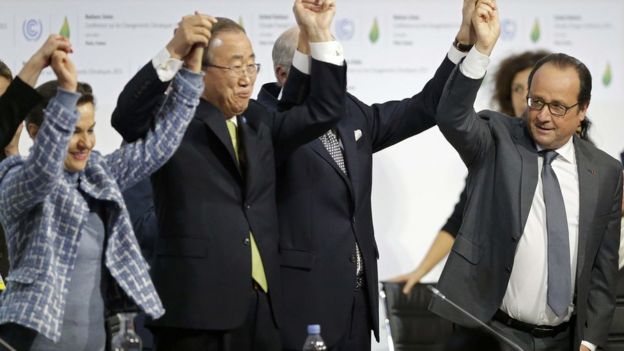

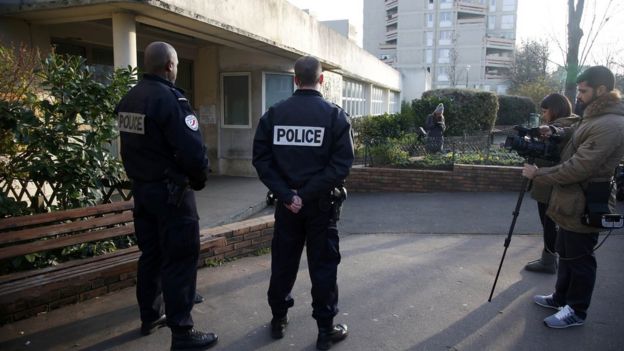



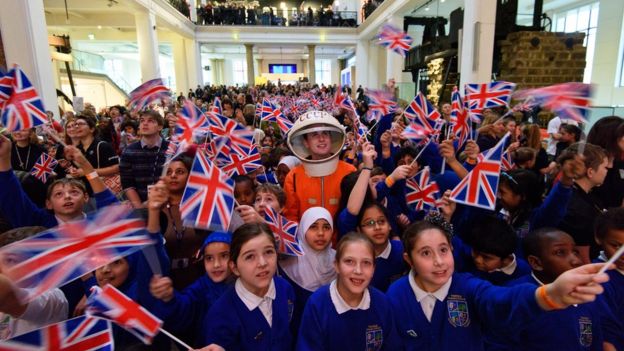
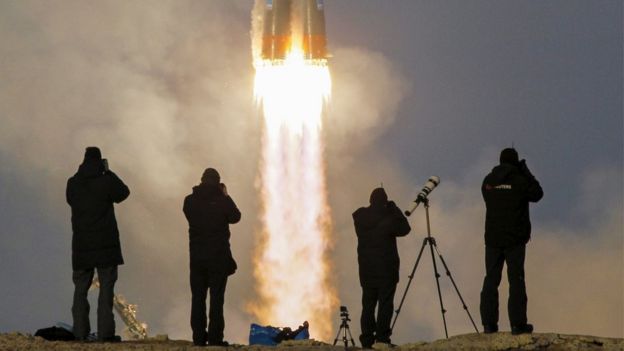
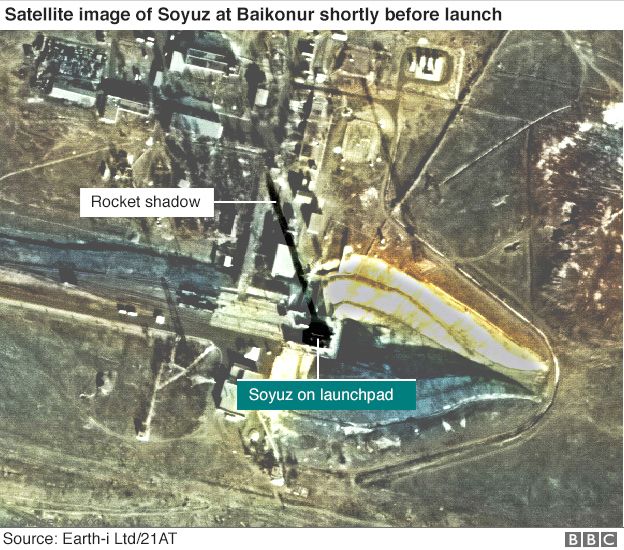



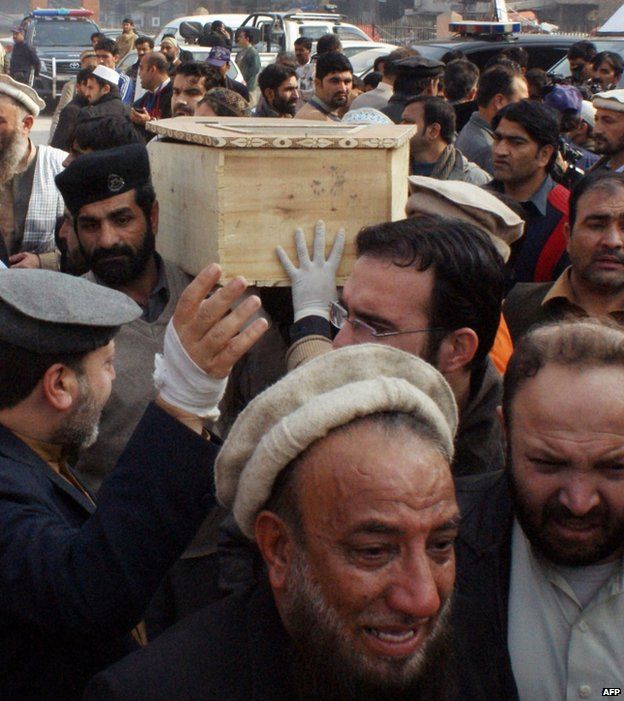

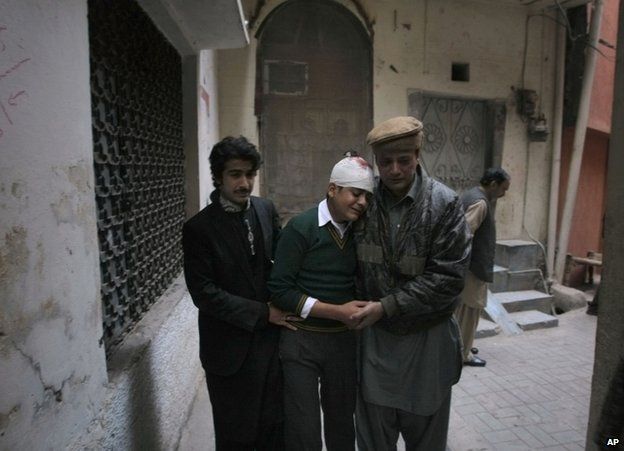





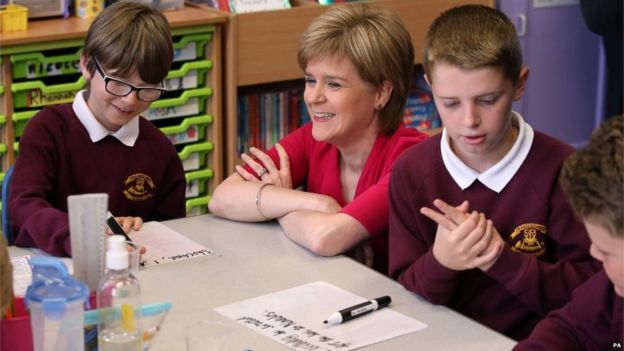



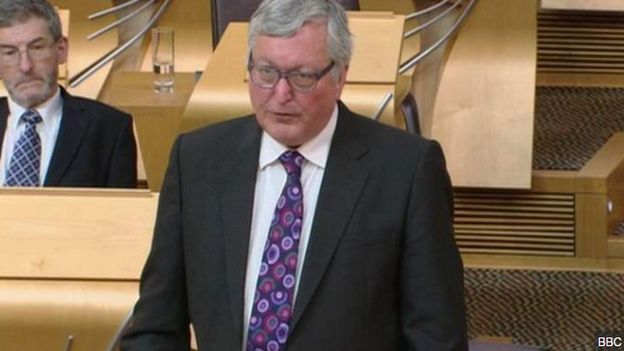
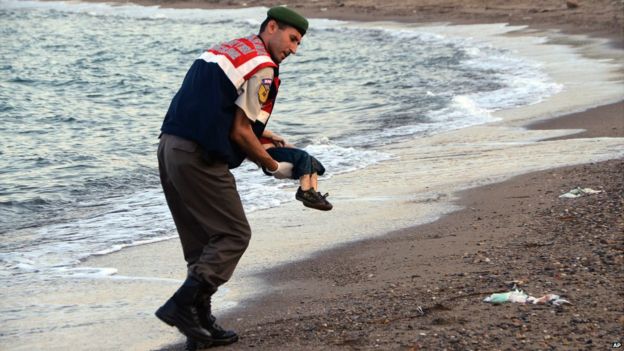
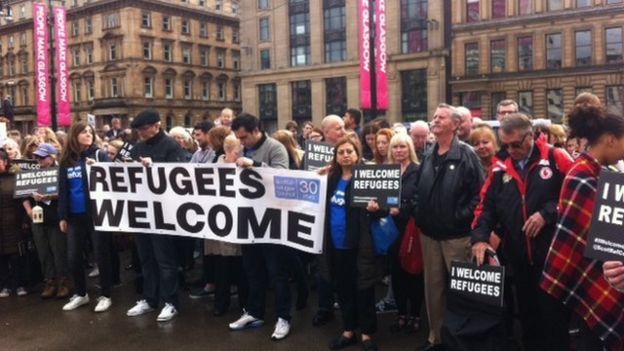
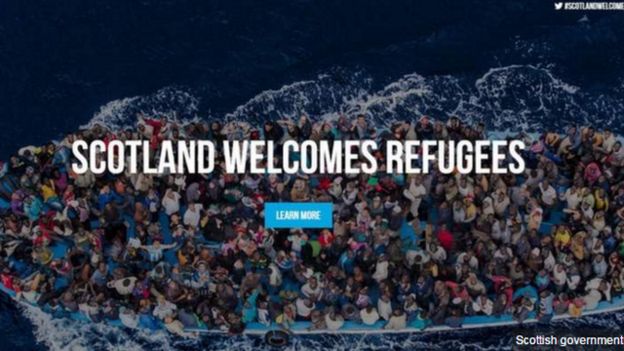

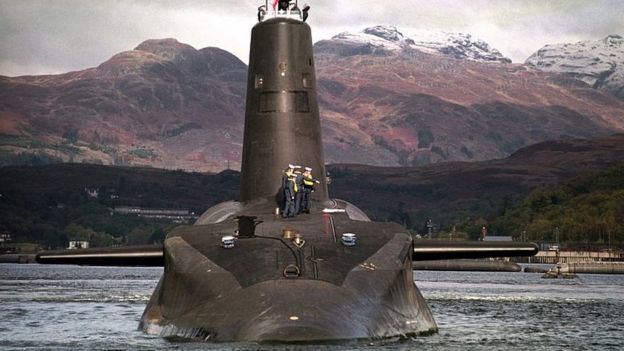
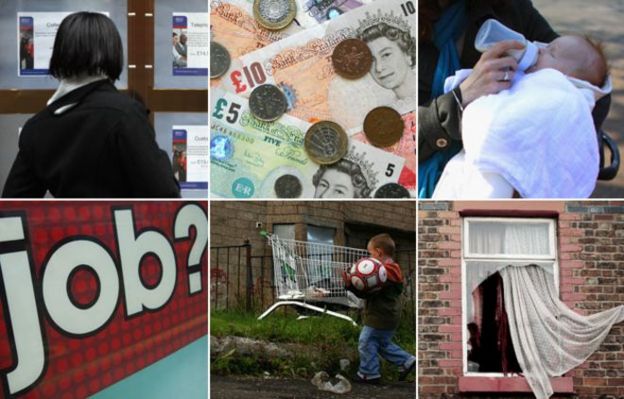
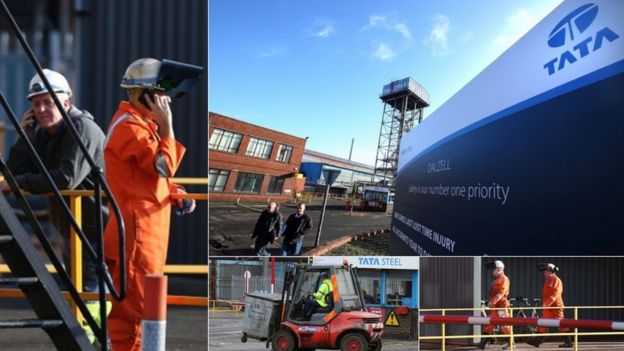
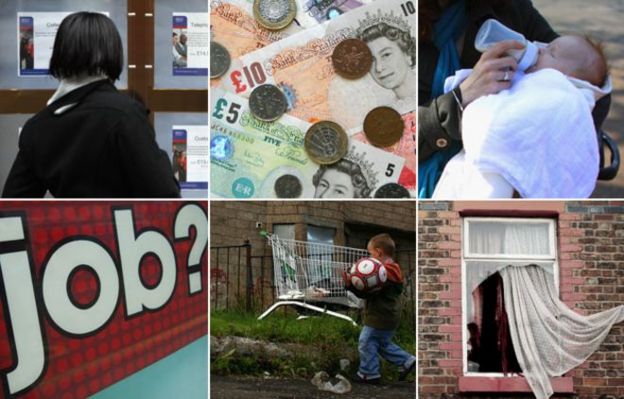
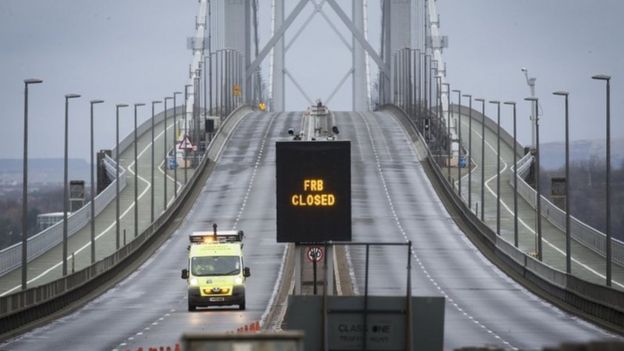
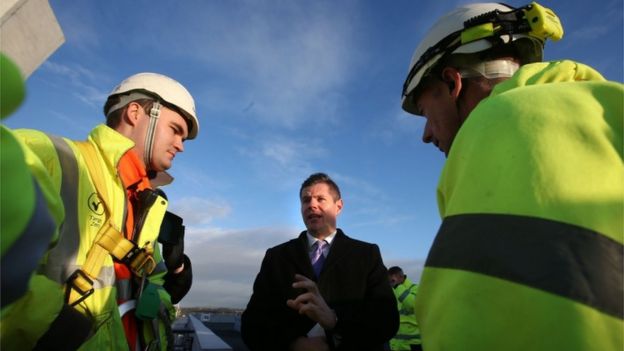

ไม่มีความคิดเห็น:
แสดงความคิดเห็น